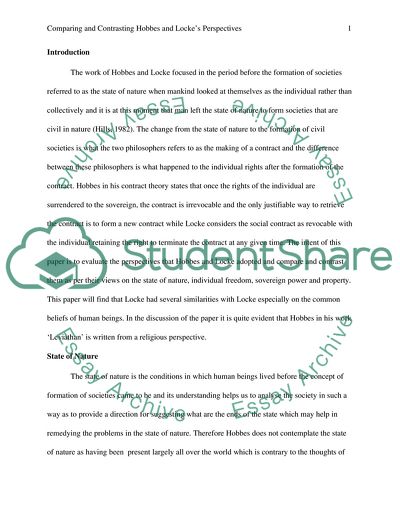Cite this document
(Political Theories Term Paper Example | Topics and Well Written Essays - 2250 words, n.d.)
Political Theories Term Paper Example | Topics and Well Written Essays - 2250 words. https://studentshare.org/sociology/1811864-compare-and-contrast-between-hobbes-and-lockes-political-theories
Political Theories Term Paper Example | Topics and Well Written Essays - 2250 words. https://studentshare.org/sociology/1811864-compare-and-contrast-between-hobbes-and-lockes-political-theories
(Political Theories Term Paper Example | Topics and Well Written Essays - 2250 Words)
Political Theories Term Paper Example | Topics and Well Written Essays - 2250 Words. https://studentshare.org/sociology/1811864-compare-and-contrast-between-hobbes-and-lockes-political-theories.
Political Theories Term Paper Example | Topics and Well Written Essays - 2250 Words. https://studentshare.org/sociology/1811864-compare-and-contrast-between-hobbes-and-lockes-political-theories.
“Political Theories Term Paper Example | Topics and Well Written Essays - 2250 Words”. https://studentshare.org/sociology/1811864-compare-and-contrast-between-hobbes-and-lockes-political-theories.


